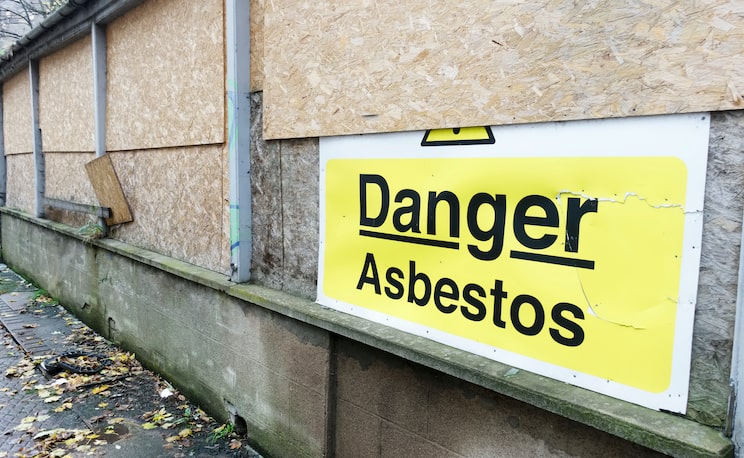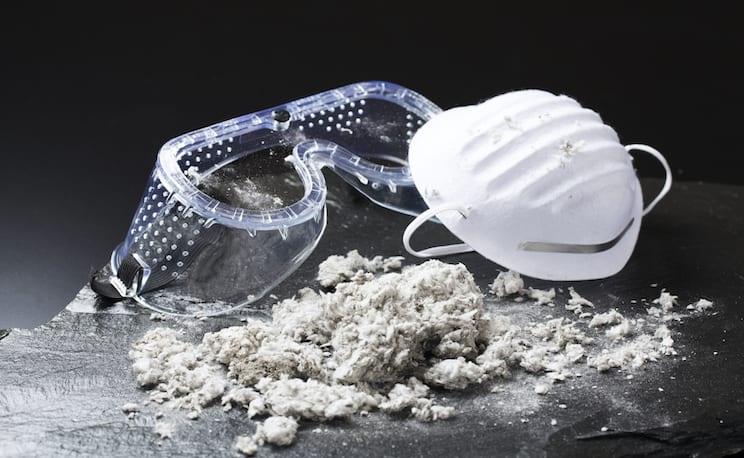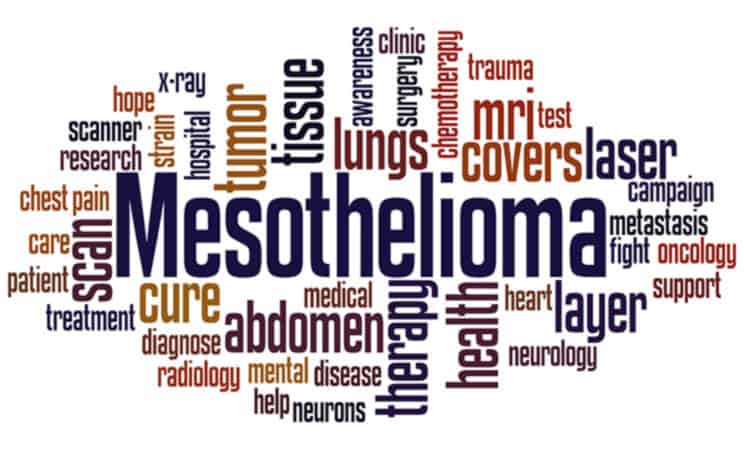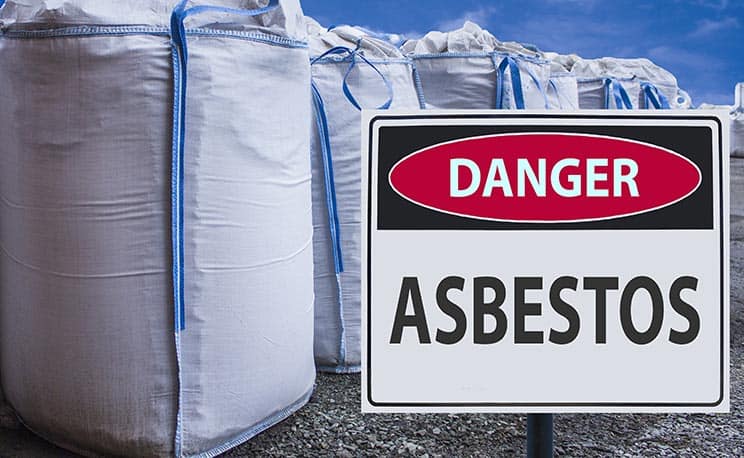What Is Coronavirus COVID-19?
The novel coronavirus, also known as COVID-19, is a newly uncovered strain of coronavirus. This virus is a member of a larger family of coronaviruses. Other examples of coronaviruses are Severe Acute Respiratory Syndrome (SARS) and Middle Eastern Respiratory Syndrome (MERS)
Cases range from mild, similar to a common cold, to severe with symptoms including:
- Fever
- Cough
- Shortness of breath
- Difficulty breathing
- Chest pain
- Loss of sense of smell and taste
- Tiredness
- Headaches
- Body aches
- Runny nose
- Sneezing
- Sore throat
- Diarrhea
It’s possible for someone to be infected with the virus and not show any symptoms at all, making the virus ripe for rapid spread. Asymptomatic infected individuals, not realizing they were exposing others to the disease, continued with their regular schedules - commuting and walking in crowded places - rapidly infecting the people they came in close contact with (within about 6 feet) along the way. Therefore, in order to stop the spread of this deadly virus, it’s important that everyone physically distance themselves from others.
Immunocompromised individuals, including those who have conditions that affect the lungs, like lung cancer, mesothelioma, and other asbestos exposure injuries, must be especially diligent to quarantine themselves to protect from coronavirus as much as possible.
Diseases Related to Asbestos Exposure
Asbestos is a toxic substance historically used for insulation purposes in construction and manufacturing. When asbestos fibers are disturbed by abrasion or other processes, they are released into the air. If inhaled, the substance can cause a myriad of diseases and lifelong health issues.
Companies that required their workers to work with asbestos were negligent in allowing their employees to be exposed to this toxic mineral, knowing full well that years later it would cause them severe harm. To this day, these companies are being held liable for this negligence and have paid billions of dollars in compensation to these asbestos diseased workers.
Diseases related to asbestos exposure include:
- Mesothelioma
- Asbestosis
- Lung Cancer
- Laryngeal Cancer
- Colon Cancer
- Ovarian Cancer
- Pleural effusion
- Testicular Cancer
- Atelectasis
- COPD
- Pleural plaques
- Pleural thickening
Are Mesothelioma and Asbestos Disease Patients At-Risk?
Though coronavirus does not discriminate and everyone is at-risk to contracting the virus, individuals with mesothelioma and other asbestos exposure injuries are especially at-risk.
Symptoms of asbestos exposure injuries, including difficulty breathing and chest pain, are often similar to symptoms of COVID-19. It’s possible for mesothelioma and asbestos exposure injuries to look like coronavirus and vice versa. This puts these patients at risk of being misdiagnosed and subsequently not treated for the correct disease.
It is integral for pulmonologists and other asbestos disease doctors to examine patients carefully to ensure they are not diagnosing and treating the wrong condition or illness.
How Does Coronavirus Affect Mesothelioma and Asbestos Disease Patients?
Because COVID19 can affect each asbestos related disease differently, it is important doctors monitor their patients closely for any changes in their symptoms in order to spot coronavirus immediately.
Specifically, coronavirus affects, asbestosis, mesothelioma and asbestos-related cancer in the following ways:
- Asbestosis: Asbestosis causes scarring to the lungs. Coronavirus can then cause additional harm to an already compromised system.
- Mesothelioma: Since Mesothelioma attacks the lung’s lining and thoracic region, respiratory diseases, like coronavirus, are particularly dangerous.
- Cancer: Cancer compromises the immune system, so patients with illnesses have difficulty fighting them off. Many cancer patients are going through chemotherapy treatments, which further weakens the body and makes it much harder to fend off a disease like coronavirus.
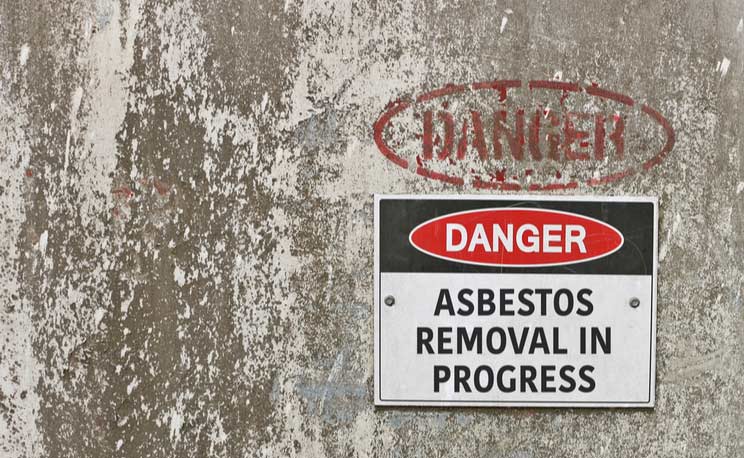
Delaying Asbestos Disease and Mesothelioma Treatment
Unfortunately, obtaining routine and emergency treatment for asbestos related injuries is proving to be challenging amid the coronavirus pandemic.
Hospitals are overcrowded and medical staff are overwhelmed with coronavirus patients. Therefore, many ill individuals are experiencing unexpected delays in their regular medical care and reduced access to medical services.
If a patient is presenting symptoms of coronavirus that are not a regular symptom of their asbestos related injury, like fever or loss of smell, their doctor may recommend postponing their asbestos disease treatment in order to address the concern of coronavirus. This may mean postponing a surgery, or seriously disrupting the current round of chemotherapy or clinical trial the asbestos disease patient is participating in.
In addition to delays in treatments, certain immunotherapies common to asbestos related injuries can also cause symptoms that look like COVID-19, which may erroneously prompt your doctor to postpone treatment so they can make an accurate diagnosis and subsequent treatment plan.
Mesothelioma Applied Research Foundation Cancels International Symposium on Malignant Mesothelioma
The spread of Coronavirus COVID-19 is significantly reduced when people limit physical contact and avoid gathering in crowds. In response to this measure, the Mesothelioma Applied Research Foundation postponed the International Symposium on Malignant Mesothelioma which was due to take place April 6th and 7th, 2020 in San Antonio, Texas.
The symposium is the largest annual gathering of the greater mesothelioma community. It is currently not rescheduled for a later date. The event invites all individuals who are affected by mesothelioma including patients, medical care providers, caregivers and family members of both current and deceased patients. It aims to provide a community and support for people who have had similar experiences with mesothelioma, and to educate them on the latest treatment options. It is also an opportunity for mesothelioma experts to present their latest findings.
The foundation recognizes that mesothelioma patients are at an extremely high risk for complications due to coronavirus and believes it is the most responsible course-of-action given the circumstances.

 How People With Mesothelioma and Asbestos Diseases Can Protect Themselves From Coronavirus COVID-19
How People With Mesothelioma and Asbestos Diseases Can Protect Themselves From Coronavirus COVID-19
Mesothelioma and asbestos disease patients should be vigilant to protect themselves from coronavirus by:
- Avoiding contact with individuals who are sick
- Avoiding contact with individuals who have an increased risk of becoming sick
- Avoiding gatherings and crowds
- Staying quarantined in their homes, only leaving when absolutely necessary
- Washing their hands thoroughly and routinely with antibacterial soap and hot water
- Using sanitizer with an alcohol base of at least 60 percent
- Wiping down any items that come into their homes from outside, like groceries or pharmaceutical items with disinfectant wipes
- Avoiding touching their face, nose, eyes, or mouth
- Sanitizing frequently touched surfaces, like doorknobs and cell phones
- Obtaining all doctor-recommended vaccinations, if possible
- Eating healthily, getting plenty of rest, and drinking copious amounts of water
Staying at home and avoiding people and public places is the best way to prevent coronavirus COVID-19.
If you are concerned about any symptoms or exposure risks, you should always contact your primary care physician, oncologist, or respiratory doctor to increase your chances of receiving treatment in case of exposure.
 How We Can Help
How We Can Help
If you have an asbestos-related disease and are considering taking legal action, it is crucial to understand that it is a time sensitive matter.
Every state carries a deadline on your ability to file a compensation claim known as the statute of limitations. Missing your statute of limitations can forfeit your right to receiving compensation, which can pay for medical care, lost work wages, and more.
The Law Center’s priority is to match you with the top asbestos attorneys in the country. That’s why we’ve partnered with Environmental Litigation Group, P.C. ELG has a proven track record helping over 15,000 asbestos exposure patients with their asbestos lawsuits. ELG’s lawyers understand that you are trying to mitigate contact exposure, and we want to support that approach.
As such, we are available to answer your claim questions without an in-face meeting. By leveraging the power of online connectivity, our firm will continue to serve prospective and current clients throughout the entire duration of the coronavirus pandemic.
You do not have to face the fear of fighting your mesothelioma or asbestos disease lawsuit in isolation. Request your no-cost, no-obligation consultation today by calling or sending us a message through our secure contact form.
Sources
- https://www.mayoclinic.org/diseases-conditions/coronavirus/symptoms-causes/syc-20479963
- https://www.nhlbi.nih.gov/health-topics/asbestos-related-lung-diseases
- https://www.elglaw.com/faq/what-are-the-signs-that-indicate-asbestos-related-diseases/
- https://www.scientificamerican.com/article/which-groups-are-most-at-risk-from-the-coronavirus/
- https://www.elglaw.com/faq/how-is-mesothelioma-different-from-asbestosis/
- https://www.mayoclinic.org/diseases-conditions/asbestosis/symptoms-causes/syc-20354637
- https://www.cedars-sinai.edu/Patients/Health-Conditions/Mesothelioma.aspx
- https://www.ncbi.nlm.nih.gov/pmc/articles/PMC6169832/
- https://www.elglaw.com/faq/what-are-the-treatment-options-available-for-asbestosis/
- https://www.cdc.gov/coronavirus/2019-ncov/prepare/prevention.html
- https://www.elglaw.com/asbestos-exposure/
- https://www.elglaw.com/about/
- https://www.elglaw.com/contact/

